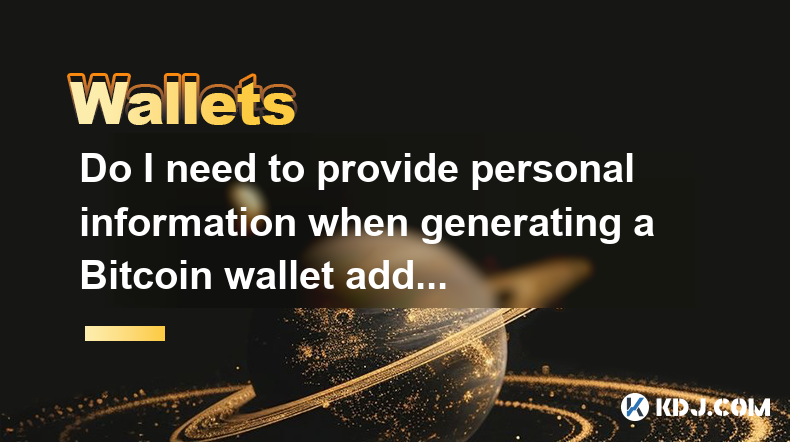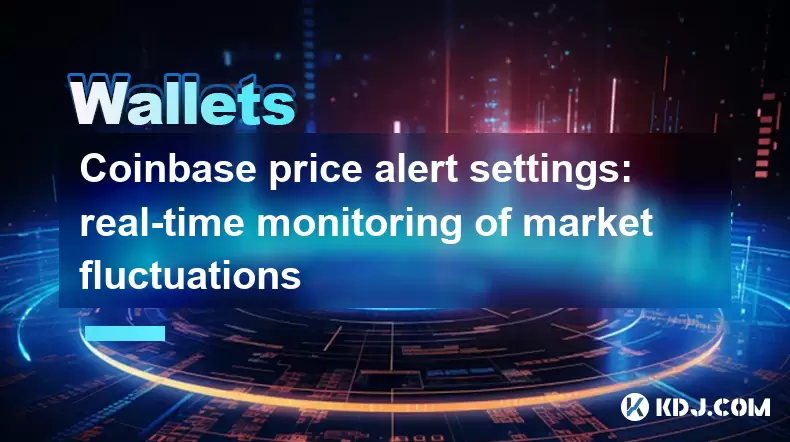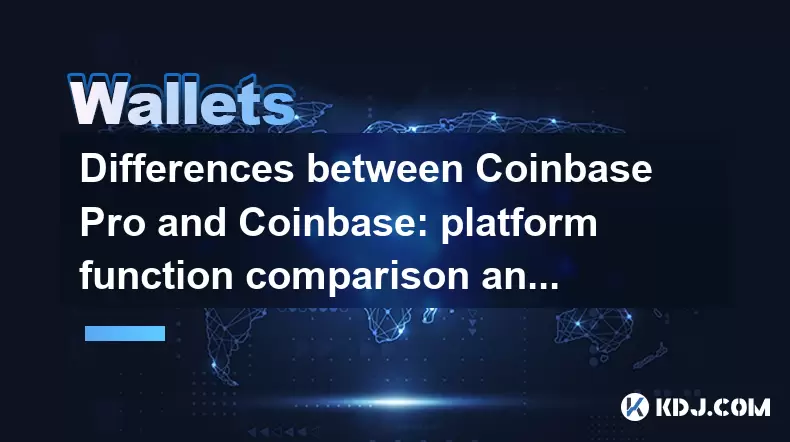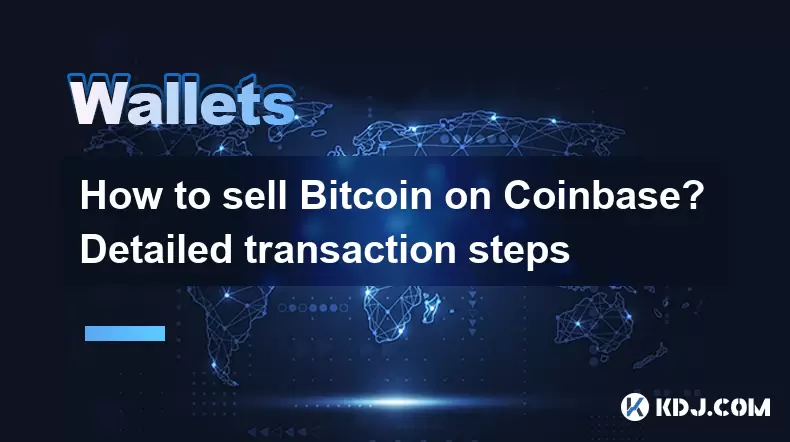-
 Bitcoin
Bitcoin $108,165.4587
0.78% -
 Ethereum
Ethereum $2,456.3517
1.15% -
 Tether USDt
Tether USDt $1.0003
0.00% -
 XRP
XRP $2.1934
0.05% -
 BNB
BNB $650.0935
0.52% -
 Solana
Solana $151.3905
2.69% -
 USDC
USDC $0.9998
0.00% -
 TRON
TRON $0.2751
-0.32% -
 Dogecoin
Dogecoin $0.1640
0.87% -
 Cardano
Cardano $0.5631
0.57% -
 Hyperliquid
Hyperliquid $38.7115
4.69% -
 Bitcoin Cash
Bitcoin Cash $493.1868
-0.39% -
 Sui
Sui $2.8217
3.61% -
 Chainlink
Chainlink $13.3994
2.08% -
 UNUS SED LEO
UNUS SED LEO $9.1632
0.94% -
 Avalanche
Avalanche $18.0318
1.97% -
 Stellar
Stellar $0.2388
0.35% -
 Toncoin
Toncoin $2.8763
1.41% -
 Shiba Inu
Shiba Inu $0.0...01160
1.59% -
 Litecoin
Litecoin $86.6393
1.29% -
 Hedera
Hedera $0.1485
0.16% -
 Monero
Monero $315.7948
1.56% -
 Polkadot
Polkadot $3.4240
1.88% -
 Bitget Token
Bitget Token $4.6314
-0.44% -
 Dai
Dai $0.9998
-0.01% -
 Ethena USDe
Ethena USDe $1.0002
-0.01% -
 Uniswap
Uniswap $7.2110
2.59% -
 Aave
Aave $270.6087
6.07% -
 Pi
Pi $0.5350
0.52% -
 Pepe
Pepe $0.0...09545
1.26%
Do I need to provide personal information when generating a Bitcoin wallet address?
Generating a Bitcoin wallet address requires no personal information; it's a public key like a bank account number, allowing others to send you Bitcoin. Your private key, however, must remain secret to secure your funds.
Mar 12, 2025 at 11:50 am

Key Points:
- Generating a Bitcoin wallet address does not require you to provide any personal information to the blockchain or the wallet provider.
- Your Bitcoin wallet address is a public key, analogous to your bank account number. It allows others to send you Bitcoin.
- Your private key, which is crucial for accessing and spending your Bitcoin, is kept secret and should never be shared.
- Different wallet types offer varying levels of privacy and security, but none require personal information for address generation.
- Understanding the difference between public and private keys is vital for secure Bitcoin usage.
Do I need to provide personal information when generating a Bitcoin wallet address?
No, you do not need to provide any personal information to generate a Bitcoin wallet address. This is a fundamental aspect of Bitcoin's design: privacy and decentralization. Your Bitcoin wallet address is simply a string of alphanumeric characters that acts as a public identifier, similar to an email address or a bank account number. It allows others to send you Bitcoin. The process of generating this address does not involve linking it to your name, address, or any other personally identifiable information.
The process relies on cryptographic principles. Your wallet software uses complex mathematical algorithms to generate a pair of keys: a public key (your wallet address) and a private key. The public key is shared openly; this is what you provide to others to receive payments. The private key, however, must remain absolutely secret. It's analogous to your bank PIN – revealing it compromises your entire Bitcoin holdings.
Various wallet providers exist, ranging from mobile apps to hardware devices to online services. While some might request personal information for account creation (for KYC/AML compliance or customer support purposes), this information is separate from the generation of your Bitcoin wallet address itself. The address generation process remains independent of your identity.
Consider the analogy of an email address. You can create a Gmail account without revealing your full name or address beyond what's minimally required for verification. Similarly, your Bitcoin wallet address is generated without revealing any personal details.
Let's explore different types of Bitcoin wallets to illustrate this point further.
- Software Wallets: These are applications installed on your computer or mobile device. They generate your Bitcoin addresses locally, without transmitting any personal information to a central server. Examples include Electrum, Exodus, and BlueWallet. The address generation is entirely on your device.
- Hardware Wallets: These are physical devices designed specifically for storing Bitcoin private keys. They provide enhanced security. Like software wallets, address generation happens on the device itself, without requiring personal data transmission. Ledger and Trezor are prominent examples. The generation of the address happens entirely offline and securely within the hardware wallet.
- Web Wallets: These are wallets hosted online by third-party providers. While they might require some personal information for account registration (for compliance reasons), the actual Bitcoin address generation often happens locally within your browser or on their servers without direct linking to your personal details. However, the security and privacy offered by web wallets are generally considered lower than software or hardware wallets. Always thoroughly research any web wallet provider before using it. The address generation is handled by the service, but this is often a separate process from the registration.
Remember, the key takeaway is this: the creation of your Bitcoin wallet address itself is a purely cryptographic process that does not intrinsically require any personal information. However, remember to always prioritize using reputable wallet providers and employing secure practices to protect your private keys.
Frequently Asked Questions:
Q: What happens if I lose my private key?
A: If you lose your private key, you lose access to your Bitcoin. There's no way to recover it, as it's cryptographically secured. This emphasizes the importance of backing up your private keys securely and using multiple methods to store them.
Q: Can my Bitcoin wallet address be traced back to me?
A: While your Bitcoin transactions are publicly recorded on the blockchain, your Bitcoin wallet address doesn't directly reveal your identity unless you explicitly link it to your personal information (which is strongly discouraged). However, sophisticated analysis techniques might potentially associate an address with an individual through circumstantial evidence, such as transaction patterns or known exchanges. Therefore, maintaining privacy involves using best practices like mixing services (with caution) and utilizing privacy-focused wallets.
Q: Is it safe to use online Bitcoin wallet generators?
A: While some online tools claim to generate Bitcoin addresses, using them is generally risky. It's safer to use reputable wallet software or hardware that generate addresses locally on your own device, ensuring greater control over your private keys and minimizing the risk of compromise. The generation should occur entirely on your device or on a trusted and verified provider, not on a publicly accessible website.
Q: Do I need to pay to generate a Bitcoin wallet address?
A: No, generating a Bitcoin wallet address is free. Legitimate wallet providers do not charge for this service. Beware of websites or services that demand payment for address generation, as they are likely scams. The process is built into the cryptographic functionality of the wallet software.
Q: How many Bitcoin wallet addresses can I have?
A: You can have as many Bitcoin wallet addresses as you want. Most wallets allow you to generate multiple addresses easily. This can enhance your privacy by using different addresses for various transactions. Each address is independent and acts like a separate account, allowing for better transaction segregation and privacy.
Disclaimer:info@kdj.com
The information provided is not trading advice. kdj.com does not assume any responsibility for any investments made based on the information provided in this article. Cryptocurrencies are highly volatile and it is highly recommended that you invest with caution after thorough research!
If you believe that the content used on this website infringes your copyright, please contact us immediately (info@kdj.com) and we will delete it promptly.
- Bitcoin: A Lifeline Against Authoritarian Regimes and a Strategic Asset?
- 2025-06-29 22:30:12
- Elementary, My Dear Collector: Sherlock Holmes 50p Coins on eBay!
- 2025-06-29 22:30:12
- New Coin Disappearing Fast: The Price Impact of Angry Pepe Fork
- 2025-06-29 22:35:12
- Tron vs. Dogecoin: A Cryptocurrency Showdown in 2025
- 2025-06-29 22:50:12
- Ethereum, DeFi, and Cryptocurrency: Navigating the Evolving Landscape
- 2025-06-29 23:07:14
- New Coins, Gaming, and Shiba Inu: What's Hot in the Crypto Space?
- 2025-06-29 23:11:47
Related knowledge

Coinbase price alert settings: real-time monitoring of market fluctuations
Jun 29,2025 at 07:00am
Setting Up Coinbase Price AlertsTo begin real-time monitoring of market fluctuations on Coinbase, users can utilize the built-in price alert feature. This function allows you to receive notifications when a cryptocurrency reaches a specific price point. To access this setting, open the Coinbase app or log in via the web platform. Navigate to the 'Prices...

How to stake cryptocurrencies on Coinbase? Benefits and risks
Jun 27,2025 at 06:36pm
Understanding Cryptocurrency Staking on CoinbaseStaking cryptocurrencies involves locking up digital assets to support the operations of a blockchain network, typically in return for rewards. Coinbase, one of the most popular cryptocurrency exchanges globally, offers staking services for several proof-of-stake (PoS) coins. Users can stake their holdings...

Differences between Coinbase Pro and Coinbase: platform function comparison and analysis
Jun 29,2025 at 08:21am
Overview of Coinbase and Coinbase ProWhen exploring the cryptocurrency trading landscape, users often encounter two platforms under the same parent company: Coinbase and Coinbase Pro. While both are operated by the same organization, they cater to different types of users and offer varying features. Coinbase is primarily designed for beginners and casua...

How to contact Coinbase customer service? Support channels and response times
Jun 28,2025 at 01:29pm
Contacting Coinbase Customer Service: Support Channels and Response TimesIf you're a user of Coinbase, reaching their customer service team may become necessary for various reasons, such as account verification issues, transaction disputes, or technical difficulties. Understanding the different support channels available and what to expect in terms of r...

Coinbase advanced trading function usage tutorial: limit orders and market orders
Jun 28,2025 at 09:07pm
Understanding the Difference Between Limit Orders and Market OrdersWhen using Coinbase's advanced trading features, it is crucial to understand the fundamental difference between limit orders and market orders. A market order executes immediately at the best available price on the market. This type of order ensures that your trade goes through quickly, ...

How to sell Bitcoin on Coinbase? Detailed transaction steps
Jun 29,2025 at 04:22am
Setting Up Your Coinbase Account for TransactionsBefore you can sell Bitcoin on Coinbase, you must ensure your account is fully set up and verified. Coinbase requires identity verification to comply with regulatory standards. This process involves uploading a government-issued ID, confirming your address, and sometimes submitting a selfie holding the ID...

Coinbase price alert settings: real-time monitoring of market fluctuations
Jun 29,2025 at 07:00am
Setting Up Coinbase Price AlertsTo begin real-time monitoring of market fluctuations on Coinbase, users can utilize the built-in price alert feature. This function allows you to receive notifications when a cryptocurrency reaches a specific price point. To access this setting, open the Coinbase app or log in via the web platform. Navigate to the 'Prices...

How to stake cryptocurrencies on Coinbase? Benefits and risks
Jun 27,2025 at 06:36pm
Understanding Cryptocurrency Staking on CoinbaseStaking cryptocurrencies involves locking up digital assets to support the operations of a blockchain network, typically in return for rewards. Coinbase, one of the most popular cryptocurrency exchanges globally, offers staking services for several proof-of-stake (PoS) coins. Users can stake their holdings...

Differences between Coinbase Pro and Coinbase: platform function comparison and analysis
Jun 29,2025 at 08:21am
Overview of Coinbase and Coinbase ProWhen exploring the cryptocurrency trading landscape, users often encounter two platforms under the same parent company: Coinbase and Coinbase Pro. While both are operated by the same organization, they cater to different types of users and offer varying features. Coinbase is primarily designed for beginners and casua...

How to contact Coinbase customer service? Support channels and response times
Jun 28,2025 at 01:29pm
Contacting Coinbase Customer Service: Support Channels and Response TimesIf you're a user of Coinbase, reaching their customer service team may become necessary for various reasons, such as account verification issues, transaction disputes, or technical difficulties. Understanding the different support channels available and what to expect in terms of r...

Coinbase advanced trading function usage tutorial: limit orders and market orders
Jun 28,2025 at 09:07pm
Understanding the Difference Between Limit Orders and Market OrdersWhen using Coinbase's advanced trading features, it is crucial to understand the fundamental difference between limit orders and market orders. A market order executes immediately at the best available price on the market. This type of order ensures that your trade goes through quickly, ...

How to sell Bitcoin on Coinbase? Detailed transaction steps
Jun 29,2025 at 04:22am
Setting Up Your Coinbase Account for TransactionsBefore you can sell Bitcoin on Coinbase, you must ensure your account is fully set up and verified. Coinbase requires identity verification to comply with regulatory standards. This process involves uploading a government-issued ID, confirming your address, and sometimes submitting a selfie holding the ID...
See all articles

























































































